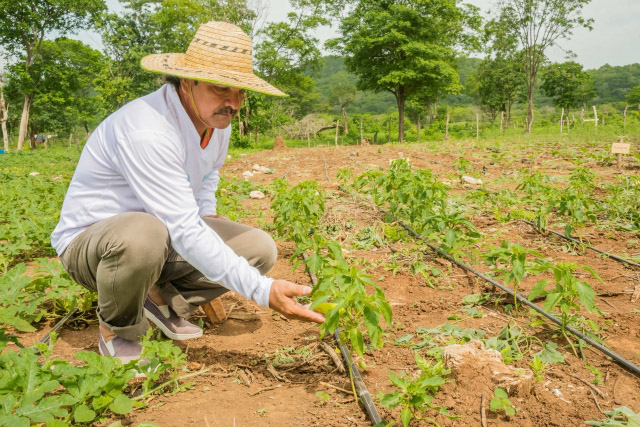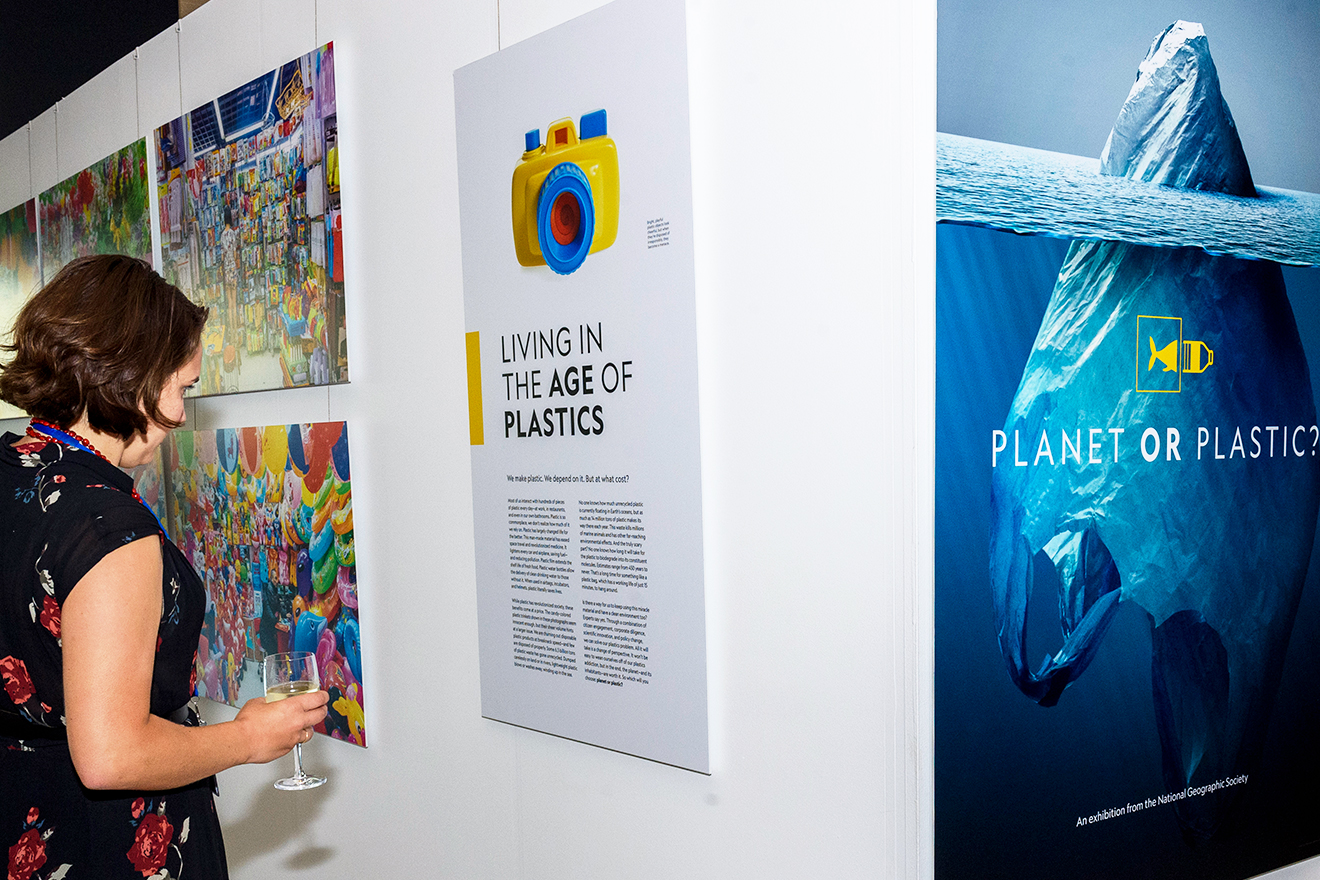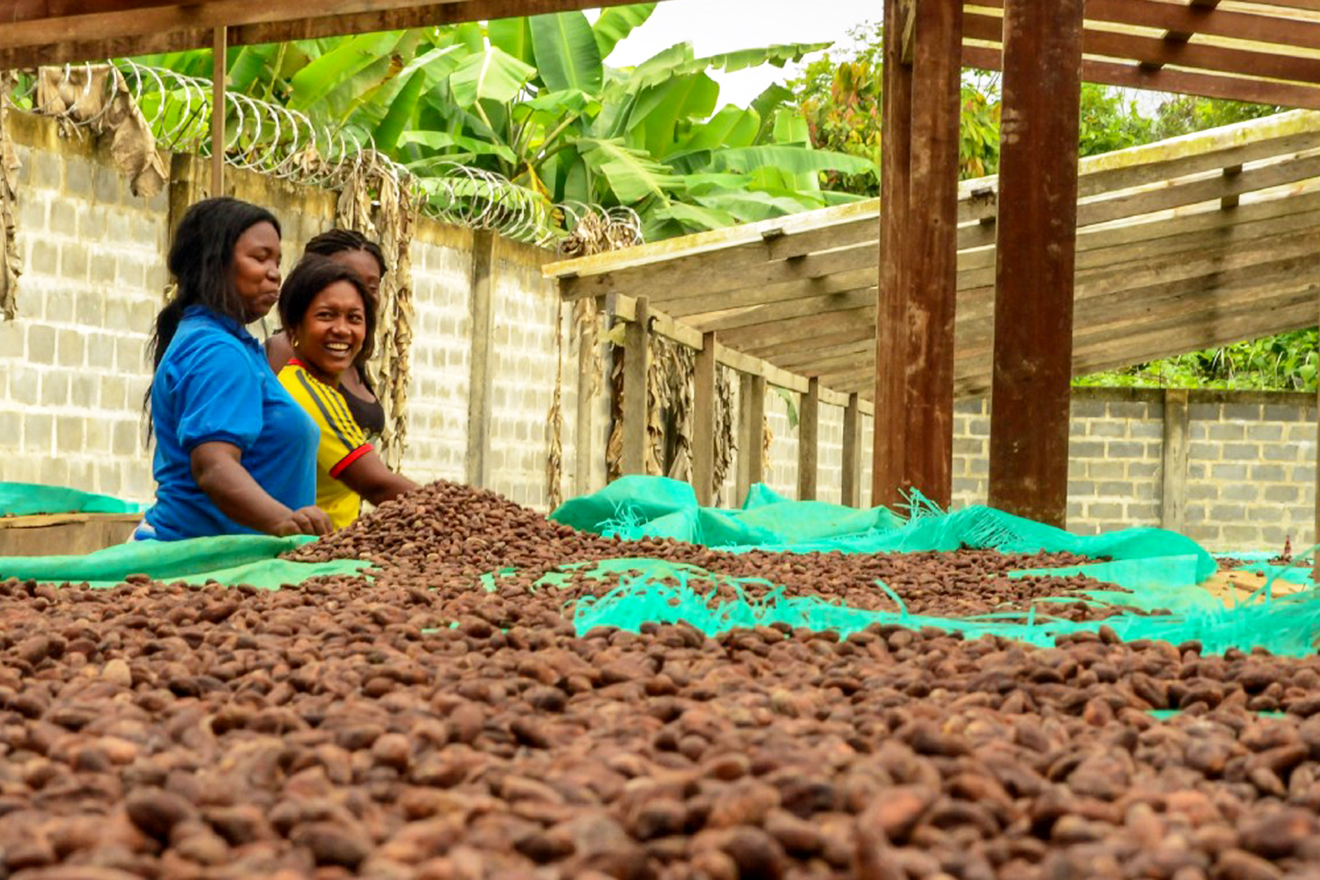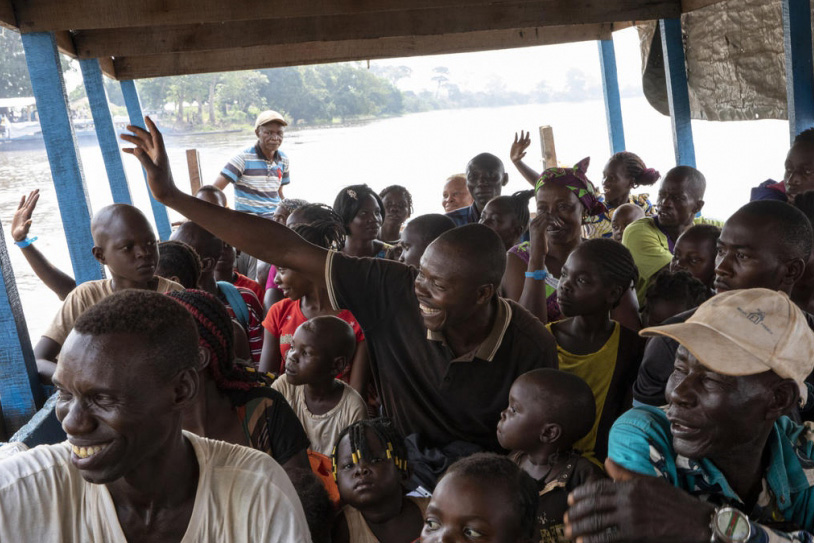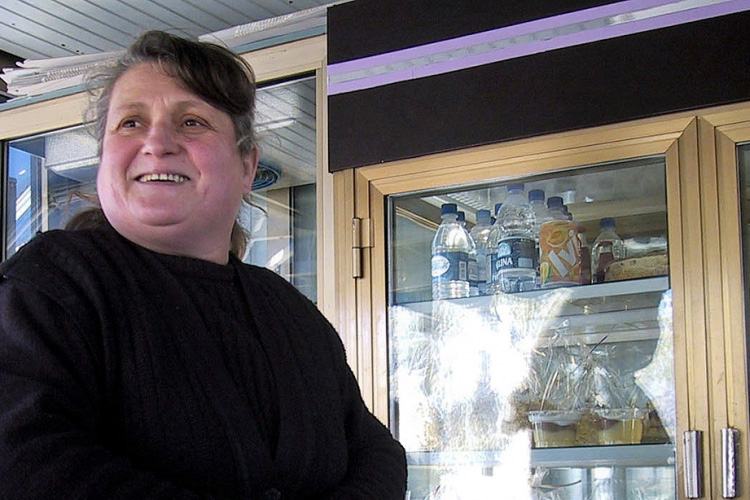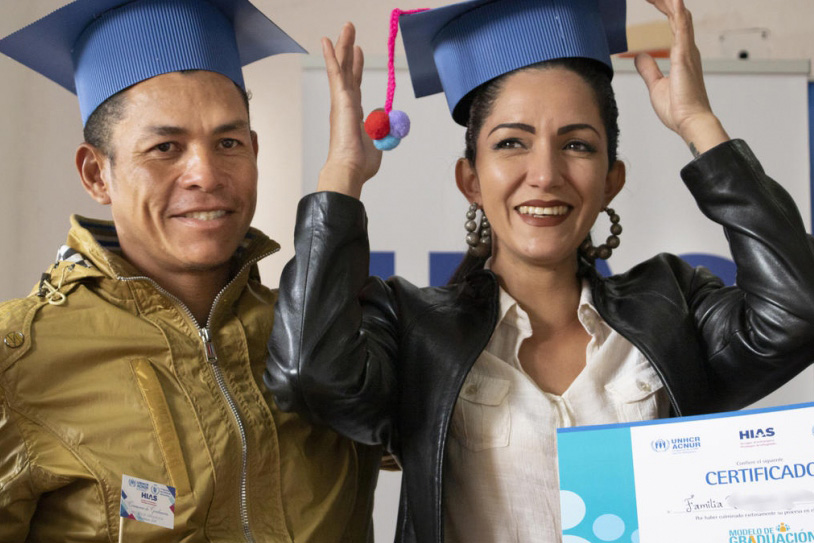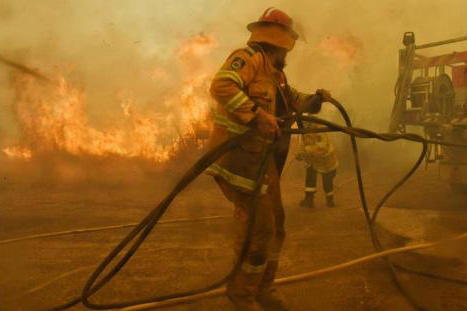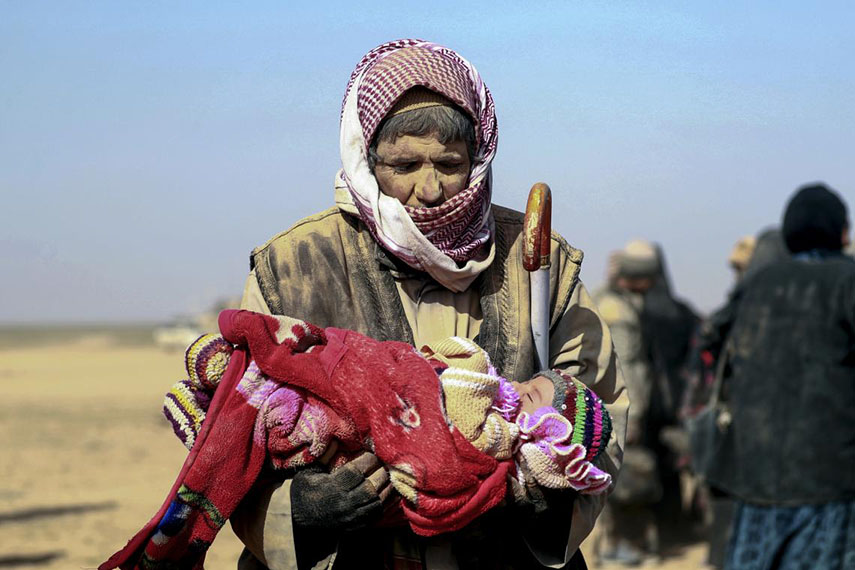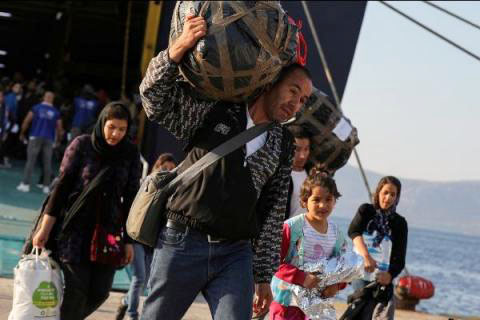Four years ago Maya Ghazal fled the fighting in Syria. All refugees come to a new country hoping for a fresh start, but Maya stands out because of the determination with which she has pursued her goals. Now a trainee pilot, she’s advocating for opportunities for refugees.
Whatever your New Year’s Resolution, a healthy and balanced diet will provide many benefits into 2019 and beyond. Here are some food tips for helping us lead healthier, longer lives.
In 2018, when early warning forecasts indicated a strong likelihood of drought in La Guajira and an increase in the number of migrants, FAO acted to prevent the situation from deteriorating. FAO’s Early Warning Early Action team together with the FAO Colombia country office rolled out a programme to support and train farmers in boosting food production. Different ethnic groups took part in the training in Guayabal including the Wayúu people, the country’s largest indigenous group, as well as Afro-descendants and Venezuelan migrants. FAO’s early action helped to strengthen the social cohesion between these different groups and reduce the tensions that can arise in poorer areas when there is increased competition for jobs, soaring food prices and an influx of migrants.
Around 80% of the total plastic in the oceans comes from the land. Land-based plastic pollution is caused primarily by inappropriate management of waste of plastic packaging and short-lived products (single and multilayer food and beverage containers; cleaning and personal care product containers; food wrapping and trays; single-use cutlery; synthetic textiles and clothing; and so on). One way to approach the challenge is by transitioning to a circular economy, where the crucial concept is the designing out of waste, rather than trying to deal with waste at the end of the product’s life.
From hurricanes pounding islands to drought destroying crops across Central America, and erratic rain patterns affecting the livelihoods of indigenous communities living on Andean slopes, climate-related challenges in Latin America and the Caribbean are as diverse as are the region’s landscapes. Climate change is exacerbating many of these, with higher temperatures, delayed rainy seasons, rainfall irregularity, and increasingly frequent and extreme weather events. The World Food Programme is implementing an array of measures to face up to the region’s challenges.
It was as joyous a boat trip as they will ever take. The passengers sang cheerfully from the moment the launch left the dock in the Democratic Republic of the Congo. They were refugees, 200 of them returning home across the Oubangui River, to the Central African Republic, or CAR, for the first time in six years. They had fled violence and upsurges of civil conflict that erupted in 2013. Now, thanks to a voluntary repatriation agreement signed in July between the governments of the two countries and UNHCR, they were going back.
The role of a debt manager is similar to that of a baker, who is asked to prepare a pie: he or she can choose to add sugar and fat to please the customer, or figure out the right mix of the ingredients to deliver a healthy, but still tasty pie.
As you make your New Year’s resolutions, keep the environment in mind. If you don’t know where to start, don’t worry. UNEP’s change-maker community is happy to lead the way. Read on for inspiration, so that you can kick off 2020 as a more sustainable global citizen!
On graduation day, proud parents Osmar and Valeria beamed with pride. But this very special graduation honoured the accomplishments not only of the couple’s two school-age children, but rather of the whole family, marking their completion of a programme aimed at helping lift refugees out of extreme poverty and giving them the tools to rebuild their lives.“They trained us in entrepreneurship, and we also took a class about how to manage our finances,” said Valeria, a 32-year-old former hairdresser from Venezuela, who opened her own event planning business after fleeing to Ecuador. After receiving accommodation assistance from UNHCR and its partner in Ecuador, the family was selected to participate in a refugee integration and poverty prevention programme known as the Graduation Model.
The ongoing bushfires in Australia have focused media attention on wildfires more generally and their link to biodiversity and habitat loss, as well as global heating. We take a look at the some of the different types of wildfires, assess their impact and what is causing them, and why accurate, real-time data is so important for wise action to curb them. We need to better understand the different drivers of wildfires and be able to prioritize which wildfires cause the most environmental damage. “The trick is to marshal the relevant data to make it useful to governments and that’s where platforms like the UN Environment Programme’s (UNEP’s) World Environment Situation Room can help,” says Pascal Peduzzi, Director of UNEP’s Global Resource Information Database in Geneva.
2019 has been a huge year for global discussion and momentum on climate; the climate emergency and the unprecedented youth demands for action captured headlines, but that’s not all. See a recap of the UN Enironment Programme's most read stories.
Armed conflicts are devastating for everyone, but they are particularly brutal for children. From Afghanistan, to Syria, to Yemen and elsewhere, the past 12 months looked little different than the year before for millions of children forced to suffer through the devastating impact of violence. Since the start of the decade, the United Nations has verified more than 170,000 grave violations against children in conflict.
The world has seen both peril and promise in the last 10 years. But it is worth looking back at the gains humanity has made – especially in addressing gender inequality. Here are four changes that have helped define the last 10 years as a decade of growing voices and choices for women and girls.
As 2019 drew to a close, the International Organization for Migration reported that there has been a sharp decline in the number of migrants dying while attempting to cross international borders. Despite this, the trends identified by IOM in 2019 remain stark for migrants and for refugees. You can see the data at Missing Migrants.
By 2020, WHO projects there will be 10 million fewer tobacco users, male and female, compared to 2018, and another 27 million fewer by 2025.



